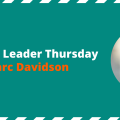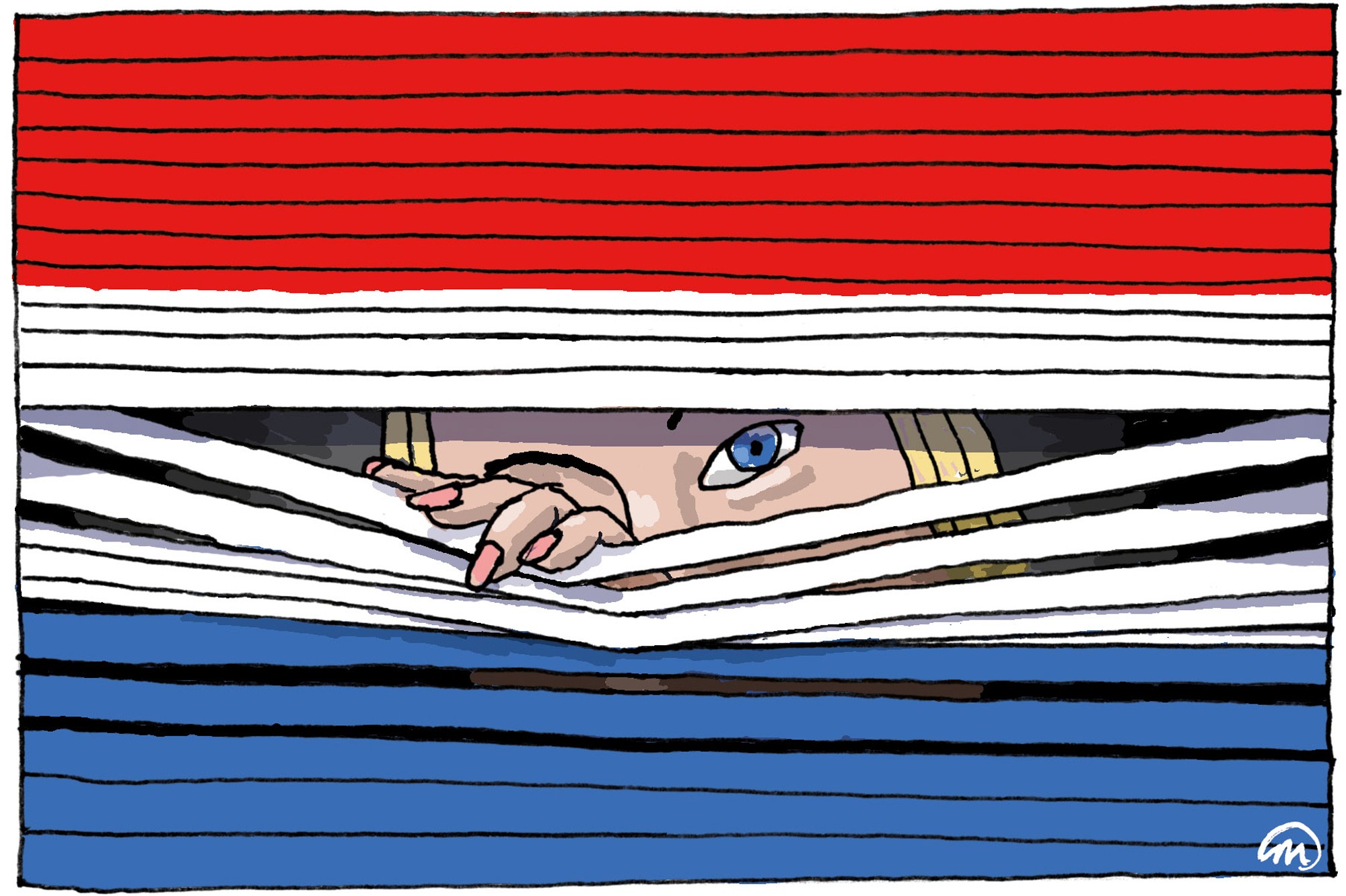
Thought Leader Thursday | Jerry Afriyie – Racism: “I think raising issues always means that you probably have to take one step back to take two steps forward.”
In the interview series 'Thought Leader Thursday Every Thursday we speak to an expert in the field of a specific issue. While the corona crisis shook up the entire society, we are curious about what consequences this has had on issue management thought leadership.
This week we talked to Jerry Afriyie, poet, human rights activist and founder of, among others, the Netherlands Wordt Better Foundation and the Party for All Children campaign. He is also active as one of the founders and leaders of Kick Out Zwarte Piet. We asked him how racism is going in the Netherlands, an issue that faced many challenges during the crisis.
What were the expectations regarding your issue before the corona crisis started?
We started the year with the slogan #2020ZwartePietVrij. Things were looking good in February, we were driven and we wanted to increase the pressure this year. We have more than twenty local groups and we were discussing with our coordinators how we could ensure that the real change happens this year. My expectation was that there would be more politicians and schools involved, but that they would probably need a boost. Last year, several members of the House of Representatives already spoke out about Zwarte Piet and racism. We also saw that there was more interest in change in education. More and more white teachers wanted to broach this topic, but found it difficult. It was therefore important to use that educational side extra this year to make people more aware and provide tools. That is why we started developing additional educational materials, teaching letters and teaching packages at the beginning of this year, in collaboration with teachers. We also had big plans with our initiatives Feast for All Children, a platform for an inclusive Sinterklaas celebration, and the Day of Empathy that we organize annually on May 3. With regard to the latter, it was finally possible to organize an event in all districts of Amsterdam. There were also other cities, including Utrecht, Rotterdam and Nijmegen, that wanted to organize something themselves. It looked good, we were confident.
What happened to the issue during the crisis?
Then things got exciting. We bring people together with our initiatives and efforts. Due to the crisis, it was no longer self-evident to bring people together for a good cause. We still wanted to see the 2020 goals achieved, but we had to go back to the drawing board. The Day of Empathy, which we are so proud of, unfortunately could not take place in its old form on May 3 and we had to cancel all surrounding events with pain in our hearts. However, there was no better time to ask society to be more empathetic towards each other. Due to the crisis, the realization began to grow that we cannot do without each other. On May 3, we realized the main event via livestream, with Pakhuis de Zwijger and with a live broadcast on AT5. Although without an audience, we had nothing to complain about the content and beauty.
Our first protest this year was supposed to take place at the end of March, but was prevented by the Mark Rutte Lockdown. Then George Floyd was murdered in America. We saw that many people in society were angry and we then organized the demonstration on Dam Square. We expected at most 1,500 people, but to our surprise between 15,000 and 20,000 people showed up. Fortunately, almost everyone had a face mask on. After the successful demonstration and the growing attention for the anti-racism movement in the Netherlands, it was clear to us that the set goals were still realistic. The demonstration on Dam Square and subsequent demonstrations in the country can only be described as: unusual and powerful. In one month, more than sixty thousand people took to the streets. It was strange to see how people who stood up for their human rights on Dam Square were dismissed as reckless. It's nice that I'm healthy, but what if I can't move freely in my own country without being discriminated against and/or racist? Institutional racism is also a pandemic that deserves the attention of all of us.
What is the current status of the issue?
We are now a movement that has become semi-mainstream. People know where to find us better and more and more people can identify with our goals, especially young people. Nearly two-thirds of the demonstrators were young people. We had hoped that if they joined the movement that we would be one step further, but at the same time we cannot get better support than from this generation. It gives hope that many people no longer find the issue nonsensical. It certainly helped to give speaking time on all stages not only to well-known activists and stakeholders, but especially to everyday black people: someone who could be your neighbor, a student, a colleague, friends (of your children), the black person in your village that you don't know well or whose story you thought you knew, etc. They were on a stage for the first time in their lives. They found it exciting, with shaking knees and all, but they stood there and shared their experience that their city or environment could not ignore.
We are also currently in the process of providing training for people to better understand the issue. Because there are many people who protest with us but do not yet fully understand the issue or cannot pass it on to others. We want to improve on that. We are also making organizational changes to create space for people to pick up things themselves and go to war together.
What are you going to do with the issue in the near future?
This year's Day of Empathy did not quite work out as we had envisioned, but hopefully activities can take place again next year. We are working on a lesson letter for groups 7 and 8 and then we will also make a lesson letter for groups 4, 5 and 6. It is a lesson letter about the legacy of the colonial and slavery past. The colonial past not only affects the black community but also Moluccan people, for example, because of what happened in Indonesia. We want to make the problem more transparent for children in primary school. We work together with teachers who monitor and advise. We want to launch teaching packages about our history of slavery to change thinking at a national level. With the teaching package and the launch of the 'Party for all Children' platform, we especially want to emphasize that it is not about losing a tradition or that you are not allowed to be yourself, but about the fact that we can all be ourselves. And I also think that many people do not realize that if you really want to solve issues, it will be grating, it will hurt, and it will bring shame. Because I think that raising issues always means that you probably have to take one step back (reflect) in order to take two steps forward.


